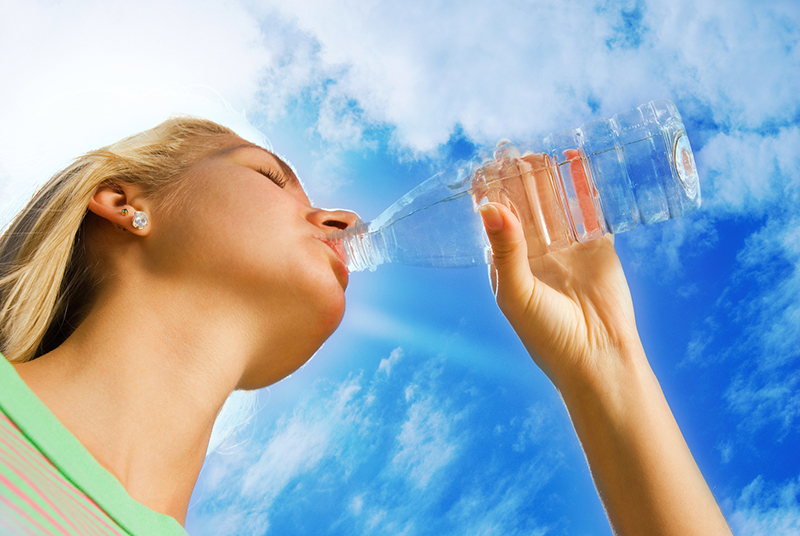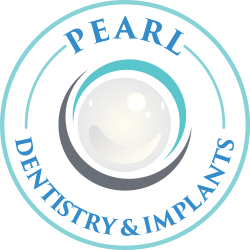Dry mouth, which is called xerostomia by dental professionals, is sometimes just a temporary feeling caused by regular activities such as strenuous exercise of speaking aloud for a long period of time. However, some people experience chronic dry mouth, which can lead to big problems over time: in other words, tooth decay. The saliva in your mouth helps wash away cavity-causing bacteria as well as the food debris that such bacteria might feed on. In addition, saliva contains minerals that help strengthen teeth and can ever re-mineralize weak areas that might be at risk for tooth decay. All of these benefits of saliva are what makes its absence in the case of dry mouth so troublesome. One of the most common causes of dry mouth is medication. Many medications (some say over 400!) can cause dry mouth, such as anti-depressants, diuretics, and antihistamines. Dry mouth can also be a side effect of radiation treatment in cancer patients because it can interfere with the salivary gland’s ability to create saliva. Whatever the cause of dry mouth, it’s important to start treating it right away to reduce the risk of tooth decay. One easy solution is to sip water throughout the day to keep your mouth moist. You should also talk to the dentist about your symptoms and see if you may need to use a special mouthwash or artificial saliva product. If your dry mouth could be a side effect of a medication, you can also talk to your primary care doctor about changing the medication to something that might not cause dry mouth. You should also avoid mouthwashes that contain alcohol, as these can make dry mouth worse. There are many alcohol-free mouthwashes that are just as tasty and effective.]]>
Dry Mouth Isn’t Just Unpleasant…It Can Cause Tooth Decay!




